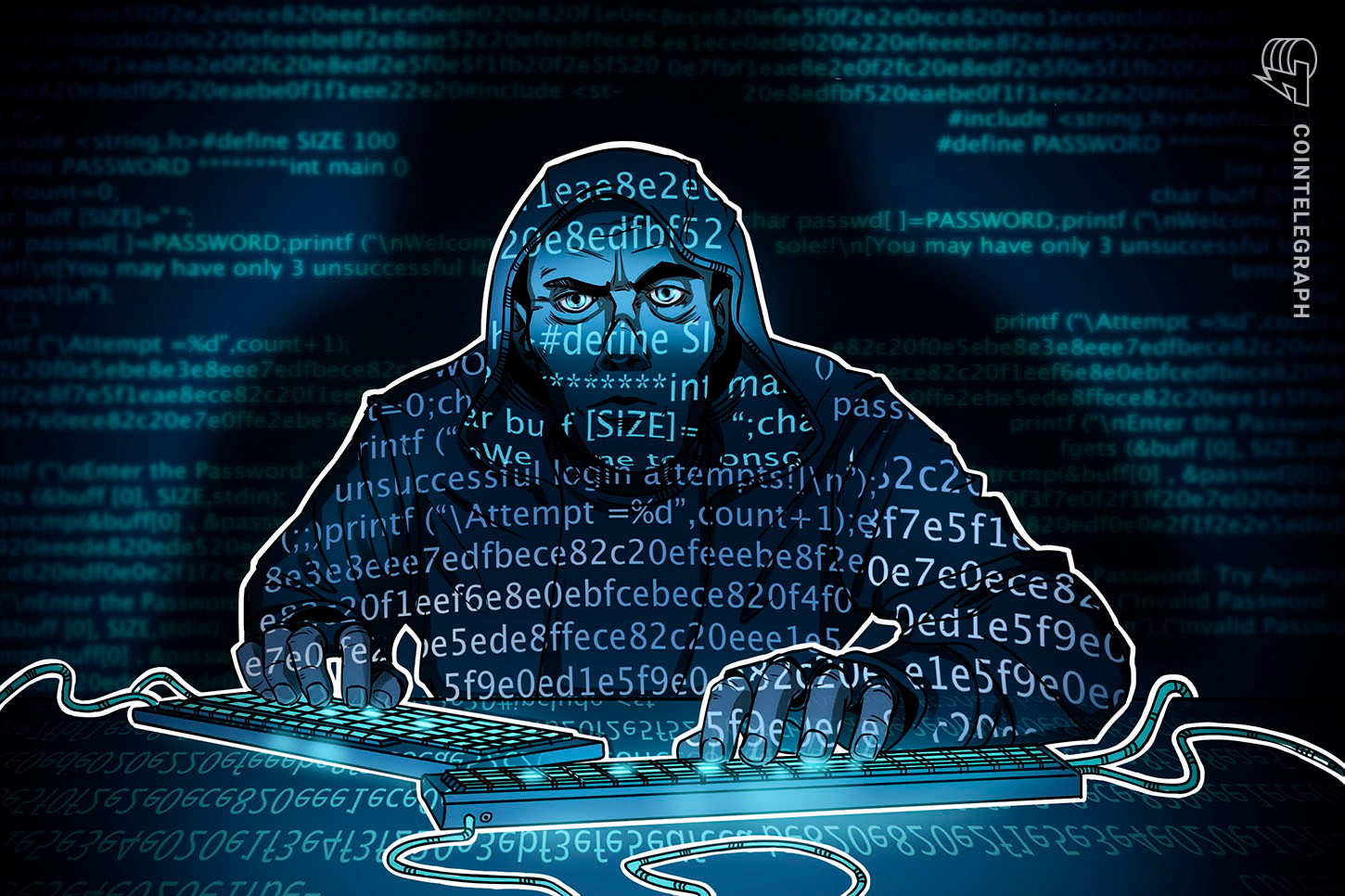Cybersecurity firm Trend Micro has detected that hacking group Outlaw has been updating its toolkit for stealing enterprises’ data for nearly half a year at this point.
Outlaw — who had ostensibly been silent since last June — became active again in December, with upgrades on their kits’ capabilities, which now target more systems, according to an analysis from Trend Micro published on Feb. 10. The kits in question are designed to steal data from the automotive and finance industries.
The new capabilities of the kits
The group’s new developments include scanner parameters and targets, advanced breaching techniques used for scanning activities, improved mining profits by killing off both competition and their own earlier miners, among others.
Per the analysis, the new kits attacked Linux- and Unix-based operating systems, vulnerable servers and Internet of Things devices. The hackers also used simple PHP-based web shells — malicious scripts uploaded on a server, with the objective to provide the attacker with a remote access and administration of the device. The analysis further explained:
“While no phishing- or social engineering-initiated routines were observed in this campaign, we found multiple attacks over the network that are considered ‘loud.’ These involved large-scale scanning operations of IP ranges intentionally launched from the command and control (C&C) server. The honeynet graphs, which show activity peaks associated with specific actions, also suggest that the scans were timed.”
Where attacks started
Attacks ostensibly started from one virtual private server (VPS) that looked for a vulnerable device to compromise. “Once infected, the C&C commands for the infected system launches a loud scanning activity and spreads the botnet by sending a “whole kit” of binary files at once with naming conventions same as the ones already in the targeted host, likely banking on breaking through via ‘security through obscurity’,” the post read.
Along with the new tools, Outlaw ostensibly exploits previously developed codes, scripts and commands. The group also uses a vast amount of IP addresses as input for scanning activities grouped by country. This ostensibly enables them to attack specific regions or areas within particular periods of the year.
Hackers’ tools advancement
Back in June, Trend Micro claimed to have detected a web address spreading a botnet featuring a Monero (XMR) mining component alongside a backdoor. The firm attributed the malware to Outlaw, as the techniques employed were almost the same used in previous operations.
The software in question also came equipped with Distributed Denial of Service (DDoS) capabilities, “allowing the cybercriminals to monetize their botnet through cryptocurrency mining and by offering DDoS-for-hire services.”
In January, the Lazarus hacker group, which is allegedly sponsored by the North Korean government, deployed new viruses to steal cryptocurrency. The group had been using a modified open-source cryptocurrency trading interface called QtBitcoinTrader to deliver and execute malicious code in what has been called “Operation AppleJeus.”


